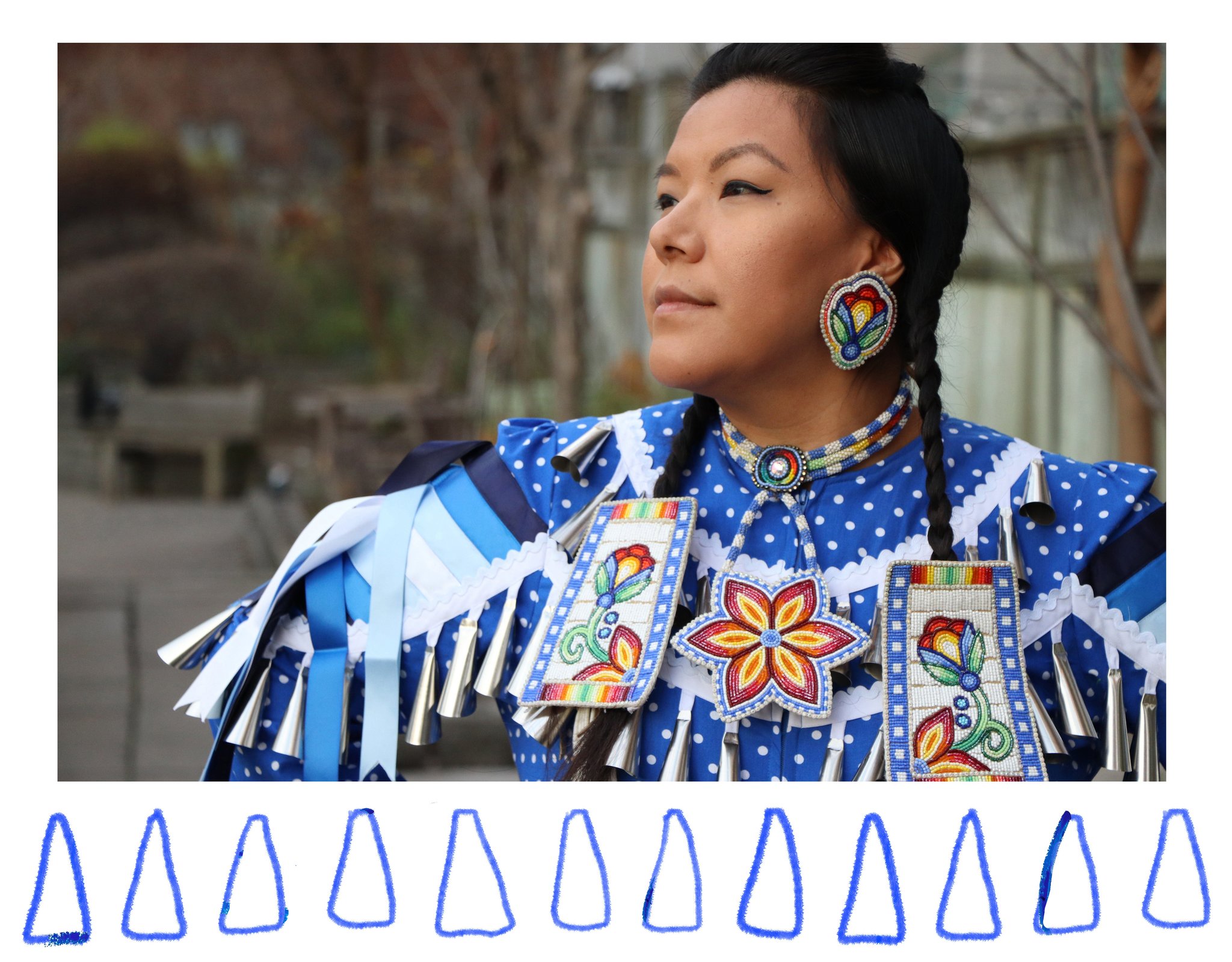National Day for Truth and Reconciliation in Canada
In Canada, September 30 is National Day for Truth and Reconciliation, a federal statutory holiday on the Canadian calendar. It is a day for reflection and education, a day to acknowledge history, honour the memory of those who lost children, family, and lives to colonial policy and practice, and to respect those who continue to suffer the effects of cultural trauma.
Even if you don’t live within the unceded territories now known collectively as Canada, it’s important to know the issues around the need for such a day — because ultimately, what affects one of us, affects all of us.
Resources for Non-Indigenous Allies
As non-Indigenous allies, it is our job to acknowledge the painful truth, have difficult conversations, and support our Indigenous friends, colleagues and communities. Of course, this takes more than a day — it is a necessary life-long process of actively listening, learning, growing, and accepting that requires humility and courage.
You don’t have to wait until September 30 to get started. What can you do right now?
1. Learn about decolonization.
If the term “decolonization” is new to you, you’ll find a lot of resources on the web, but here is a quick link and here is another.
2. Educate yourself from the Indigenous perspective.
The University of Alberta offers an online course called “Indigenous Canada”, which is a must for gaining basic knowledge and is currently free to audit. (Donations also accepted to provide further quality education.)
3. Listen to leaders in the Indigenous community.
Watch Nikki Sanchez’s excellent TED talk, “Decolonization Is for Everyone” to learn steps you can take to decolonize. Follow her at @nikkilaes

Speaker and Activist, Nikki Sanchez. Photo: Stephanie in Victoria for Flytographer.
4. Donate to important work being done.
The Indian Residential School Survivors Society, Native Women’s Association of Canada, Safe Water for First Nations, Orange Shirt Day, Inuit Tapiriit Kanatami, Raven Trust, Clan Mothers Healing Village, Reconciliation Canada, or any other registered Indigenous charity close to your community are great places to start.
5. Purchase your Orange Shirt.
It is important that the sale is to an Indigenous business or creator, NOT a big-box store. Try @mikmaqprinting, @indigenousnotions, @awasisboutique, @decolonialclothing, @red.rebel.armour, @nishtees, @wolfpackapparelca, @shenativegoods (Note: many places are already low on stock, so don’t delay getting yours!)

Lake Louise was originally named Ho-Run-Num-Nay (meaning “lake of little fishes”) by the Stoney First Nations people (located in the unceded territory now known as Banff, Canada). Photo: Flytographer in Banff.
6. Choose Indigenous-made when shopping.
Use #indigenousowned or #indigenousbusiness to source on Instagram. Some makers we 🧡 : @motherearthessentials, @cheekbonebeauty, @sisters_sage, @lodgesoycandles, @satyaorganic, @skwalwenbotanicals, @manitobah, @morning.star.designs, @erinferrantebeads, @yukonsoapscompany, @lofttan, @nuwuvi.beads, @bearblossomdesigns, @birchbarkcoffee, @indigo_arrows, @bisonstar, @saplingandflint, @heatherbouchierdesign, @beampaints
7. Attend local events to show support and learn more about what you can do.
Research events and resources that are being offered in your community on September 30 and beyond, and schedule into your calendar the ones you can attend. Don’t forget to wear your Orange Shirt!

Speaker, educator and course teacher, Deanne Hupfield, wears traditional Indigenous Regalia. Photo: Cheekbone Beauty.
Supporting Indigenous Communities
Learn, learn some more, and then share what you’ve learned, keeping your conversation open and active, so we can ALL benefit from the effects of providing safe spaces and platforms for our Indigenous communities.

















